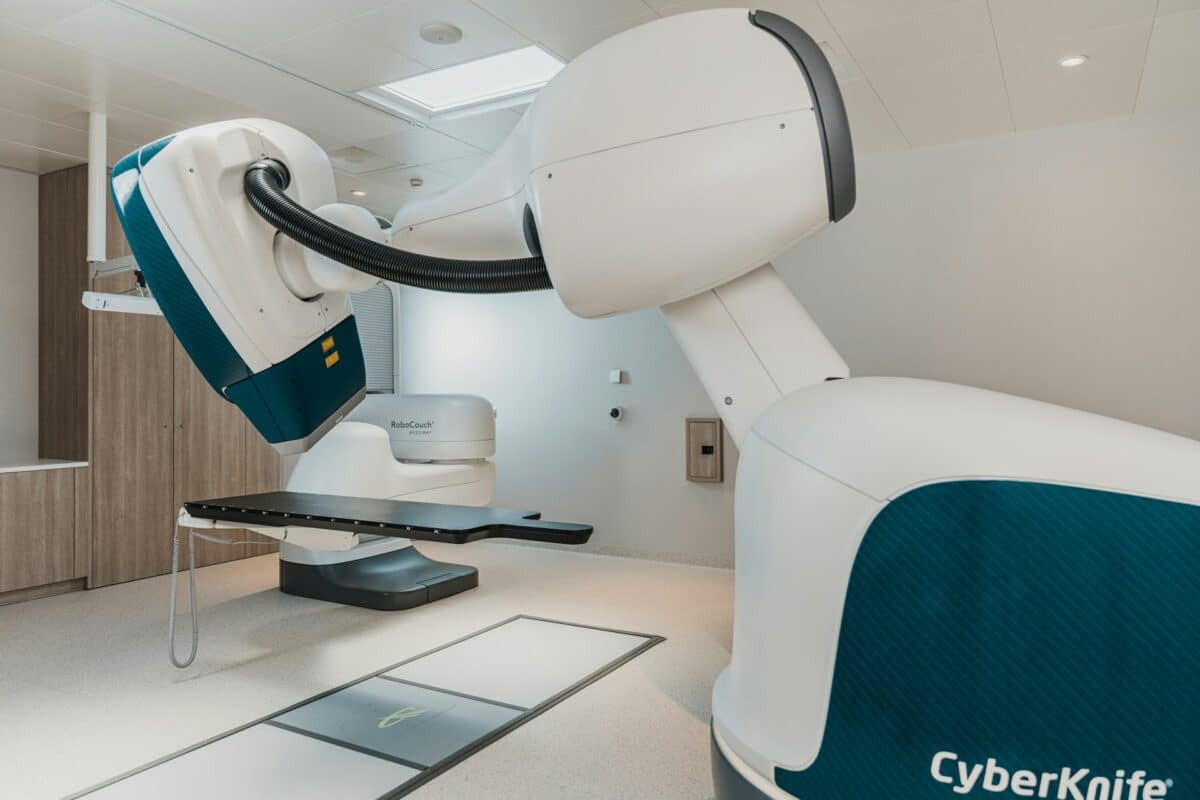Atlanta’s Medical Equipment Disposal: A Step-by-Step Guide to Secure and Responsible Handling

The healthcare industry generates a significant amount of electronic waste, with medical equipment often containing sensitive patient data and potentially hazardous materials. Proper management of these devices is crucial not only for the environment but also for the security and privacy of patient information. In this guide, we will walk you through the essential steps healthcare facilities in Atlanta need to follow when disposing of retired medical equipment, while maintaining both data security and legal compliance. Additionally, we will explore how partnering with trusted recycling centers like Green Atlanta Recycling can contribute to responsible and eco-friendly handling practices, ultimately safeguarding the environment and patients’ confidentiality.
Understanding the Types of Medical Equipment for Disposal
To ensure proper handling of medical equipment, it is essential to know the different types of devices and their specific disposal requirements:
1. Diagnostic and imaging equipment (e.g., X-ray machines, MRI machines, CT scanners): These devices often contain hazardous components and require specific steps for environmentally responsible disposal.
2. Laboratory equipment (e.g., centrifuges, microscopes, spectrometers): Such devices may have come in contact with hazardous materials and often contain sensitive data requiring secure disposal methods.
3. Medical monitors (e.g., ECG monitors, blood pressure monitors, patient vital monitors): Contain electronic components and could have stored patient data, requiring safe recycling practices.
4. Patient care and treatment devices (e.g., infusion pumps, dialysis machines, surgical instruments): May have been exposed to biohazardous materials and must be treated appropriately before recycling.
Assessing the Data Security Risks and Compliance Requirements
The critical aspect of medical equipment disposal is ensuring data security and regulatory compliance. Here are some factors healthcare facilities in Atlanta should consider:
1. Confidential patient data: Electronic devices might store sensitive patient information, making the secure handling and destruction of this data crucial to protect patient privacy and comply with regulations such as HIPAA (Health Insurance Portability and Accountability Act).
2. Environmental regulations: The disposal of electronic equipment, particularly those containing hazardous materials, is subject to state and federal environmental regulations such as the Resource Conservation and Recovery Act (RCRA).
Steps to Ensure Secure Data Destruction and Legal Compliance
To safeguard patient data and adhere to legal requirements during medical equipment disposal, healthcare facilities in Atlanta should implement the following steps:
1. Asset tracking and inventory: Maintain a comprehensive inventory of all medical equipment eligible for disposal, including their data storage capacities and the type of sensitive information they may hold.
2. Secure data erasure: Use professional data erasure tools or engage certified recycling centers like Green Atlanta Recycling to guarantee a secure data wiping process.
3. Decommissioning medical equipment: Follow the manufacturer’s guidelines and comply with state and federal regulations when dismantling and decommissioning devices for disposal.
4. Proper storage and transport: Store and transport retired medical equipment securely to prevent unauthorized access or damage during transit.
5. Documentation and reporting: Keep detailed records of equipment disposal, including asset tracking, data destruction certificates, and recycling or disposal certifications as necessary.
Finding the Right Medical Equipment Recycling Partner
Selecting a trustworthy recycling partner is crucial for ensuring secure and compliant medical equipment disposal. Factors to consider when choosing a recycling center include:
1. Certifications: Look for recycling companies with industry-recognized certifications, such as e-Stewards or R2, ensuring strict adherence to environmental, safety, and data security standards.
2. Experience with medical equipment: Find recyclers specializing in handling medical electronic waste, as they possess the expertise and knowledge to manage hazardous components and comply with relevant regulations.
3. Data security capabilities: Opt for recycling centers that prioritize data security and offer secure data wiping or destruction services.
4. Compliance with regulations: Ensure your recycling partner is familiar with and adheres to environmental, health, and safety regulations applicable to the disposal of medical equipment.
Communicating Your Commitment to Responsible Medical Equipment Disposal
Healthcare facilities should ensure their commitment to secure and environmentally responsible medical equipment disposal is communicated to both the public and their employees:
1. Patient communication: Inform patients about the measures taken to protect their data during equipment disposal, showcasing your facility’s dedication to privacy protection and building trust.
2. Employee training: Educate staff about the importance of secure medical equipment handling, including data security, hazardous material management, and recycling procedures.
3. Promoting your commitment: Share your facility’s commitment to environmentally responsible medical equipment disposal with the community, enhancing your reputation as an eco-friendly and patient-centric healthcare provider.
Atlanta healthcare facilities bear a significant responsibility in ensuring the safe and compliant disposal of medical equipment. By adhering to best practices, understanding data security risks, and partnering with certified recycling centers like Green Atlanta Recycling, they can effectively protect patient data while minimizing environmental impact through responsible handling practices.
Conclusion
The proper disposal of medical equipment is crucial for healthcare facilities in Atlanta to safeguard patient data, adhere to legal requirements, and minimize the environmental impact. Through a thorough understanding of data security risks, following best practices in medical device disposal, and partnering with trusted recycling centers like Green Atlanta Recycling, healthcare facilities can successfully fulfill their commitment to patient privacy and environmental responsibility.
Green Atlanta Recycling specializes in handling electronic waste, providing secure data destruction services and adhering to the strictest environmental standards for responsible disposal. With our expertise in medical equipment disposal, Atlanta-based healthcare facilities can find a reliable partner who understands the complexities and challenges of handling sensitive devices and the importance of compliance.